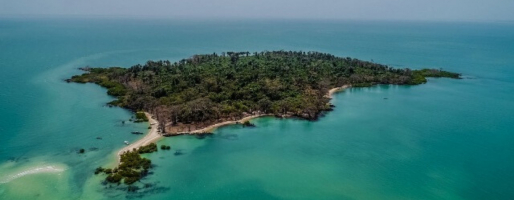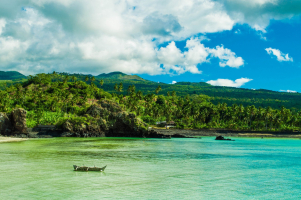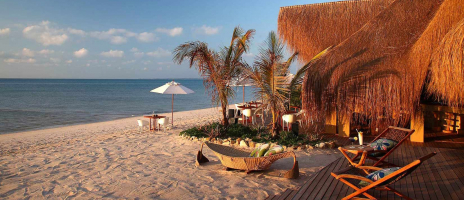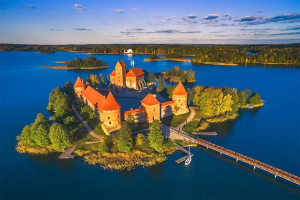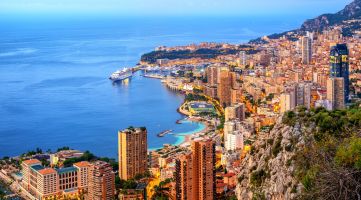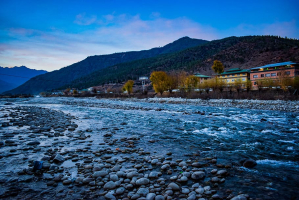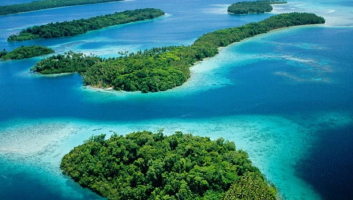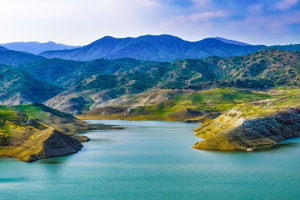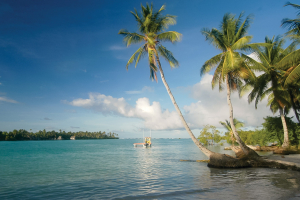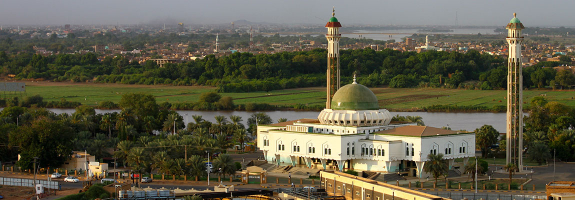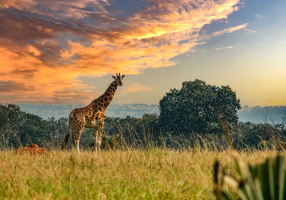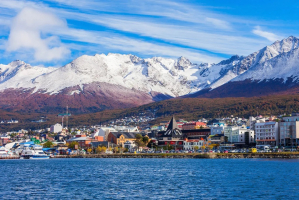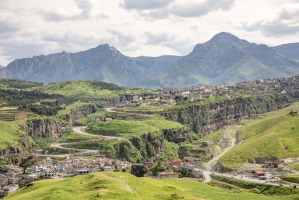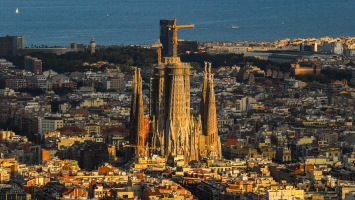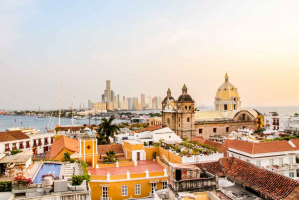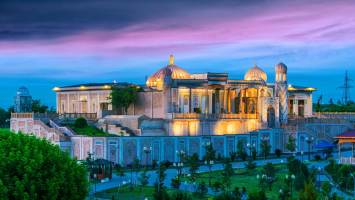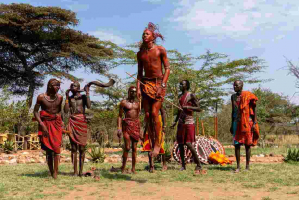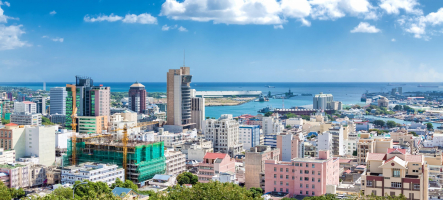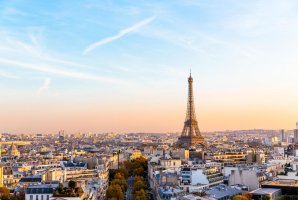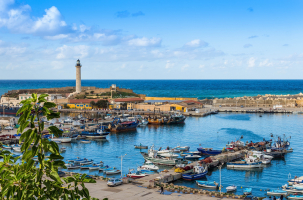Top 12 Things to Know Before Traveling to Djibouti
English-speaking visitors lovingly refer to Djibouti as "Djibeauty." It is one of Africa's least-studied countries. Here, preternaturally bleak vistas coexist ... read more...with the enthralling beauty of the undersea world. Let's see things to Know Before Traveling to Djibouti.
-
Djibouti is dry, hot, and desert-like, revealing all of the tropical climate's characteristics. The summer months are the warmest, with an average temperature of 25 degrees in January. The weather in Djibouti, on the other hand, is a pleasant surprise.
You are unlikely to be bothered by bloodthirsty mosquitoes throughout the day due to the constant gusts of wind. The night is a different story. Bring as much bug repellent as you can, as well as a dozen insect-catching nets. To promote a comfortable night's sleep, apply repellant to all clothes and other surfaces. The weather is quite ideal for some activities like swimming and diving.
Summers in Djibouti are short, hot, and generally overcast; winters are lengthy, warm, and partially cloudy; and the climate is unpleasant, dry, and windy all year. The temperature normally ranges from 74°F to 106°F throughout the year, with temperatures seldom falling below 71°F or rising over 110°F.
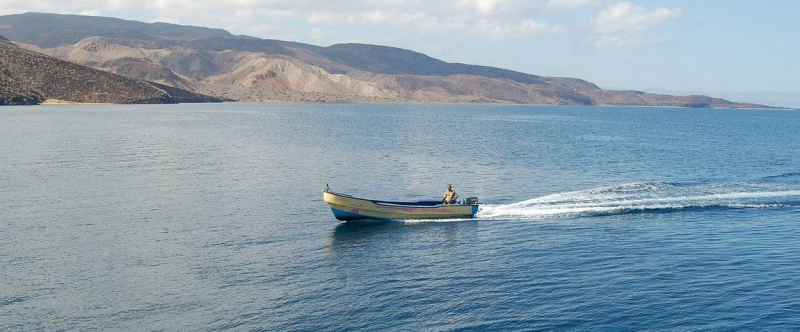
https://edition.cnn.com/ 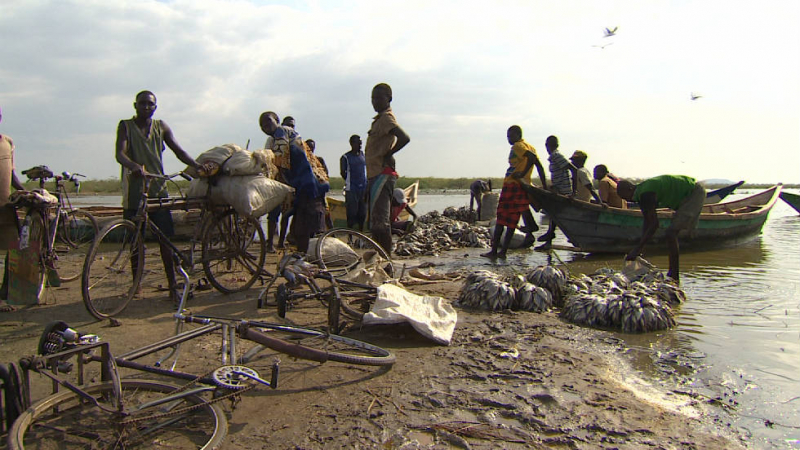
https://edition.cnn.com/ -
Air connection of Djibouti tours are uncommon, but they are well worth your time. The nation is a fraction of the size of Macedonia. Furthermore, after glancing at the map, you are unlikely to add Djibouti's port on your list of things to do. To the south, the state is bordered by a Somali pirate enclave. Eritrea, one of the world's poorest countries, is located to the north. This is absolutely one of the things to know before traveling to Djibouti.
In the west, rumors of a fresh wave of universal starvation and a diabolical drought have harmed Ethiopia's reputation. The Gulf of Aden separates the nation from Yemen, which is ravaged by conflict. It's difficult to plot a path to the land where Djibouti is located. But it is worthwhile to give air connection a shot. Finding a direct flight to Djibouti is nearly hard, and planning a bearable journey takes a lot of time and effort (always with many transfers).
It is not required to seek for simple solutions, but it is worthwhile! Salty volcanic lakes, "underwater" meadows below sea level, steep gorges, sulfur-filled limestone columns Here are some of Her Majesty Nature's many hidden gems that the rest of the world has yet to discover. Let's look at some more factors that may influence your decision to apply for a Djibouti visa.

https://www.timesaerospace.aero/ 
https://www.timesaerospace.aero/ -
Djibouti, in terms of Religion, law and culture, a mostly Muslim country, is a conservative society that requires visitors to follow centuries-old Djiboutian traditions. Choose low-key attire and attempt to observe everything around you quietly without expressing your embarrassment, especially if you're traveling in the countryside.
The attitude here is likewise rather chilly when it comes to all kinds of emotional displays. Hugs, kisses, flirtations, happy exclamations, and even a strong desire to share your good mood with everyone are not welcome here. It is legal to chew the leaves of the cat plant, which has narcotic effects, in the region where Djibouti is located. It, like alcohol, is unable to be exported.
Furthermore, while chewing laughing grass and drinking other alcoholic beverages is lawful, showing it in public areas is banned and punishable by a two-year prison sentence. So be aware of the scale. Here's some additional law-related visitor information: It is definitely forbidden to photograph or film infrastructural facilities in this area. If the "criminal" is apprehended, he or she faces arrest and seizure of all the equipment involved. Important!
The port of Djibouti is one of the few locations in the country where you may withdraw money using a bank card. Because almost the whole economy is based on cash transactions, non-cash payments are discouraged. You may, on the other hand, trade money on the street. Religion, law and culture is one of Things to Know Before Traveling to Djibouti.
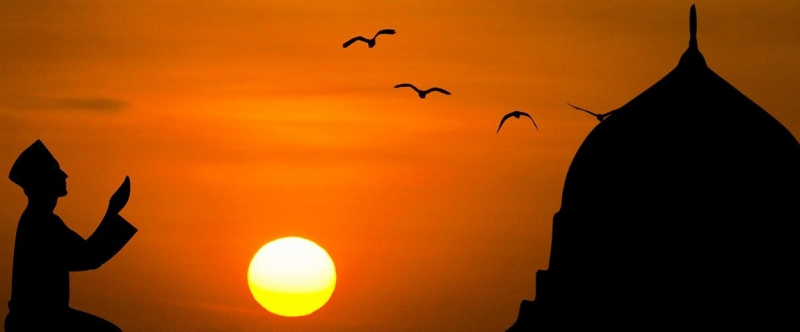
https://www.usar.army.mil/ 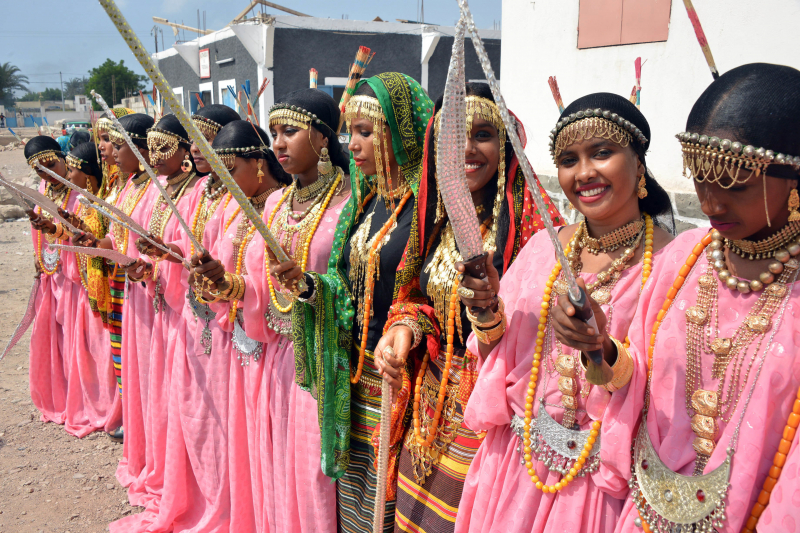
https://www.usar.army.mil/ -
For confirmation your identity, Representatives of the Republic will verify all of your documentation as soon as you get off the plane and arrive at the customs office. Have a return ticket and paperwork proving the hotel room reservation with you at the very least. If feasible, request that the guide pick you up; he will be able to handle certain customs concerns on your behalf.
Because the Republic of Djibouti is not yet the most popular tourist destination, local law enforcement authorities are wary of visitors who have traveled hundreds of kilometers for the purpose of another familiarization trip. That is why the migration service employees at the airport is unlikely to be pleased to learn that you have arrived for a few days or a week or two of pleasure.
Bring as many colourful tourist outfits as you can to make it more plausible for confirmation your identity. If you have the opportunity, remain in Djibouti for a longer amount of time and bring a friend with you. The less suspicious he seems, the better: an athletic young man will only add to the suspicion. In any event, when crossing the border, you should not quarrel with the state's official representatives. Your major weapon is honesty.
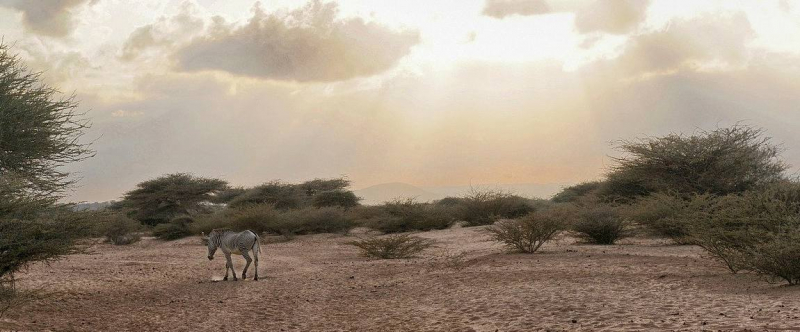
https://www.onceinalifetimejourney.com/ 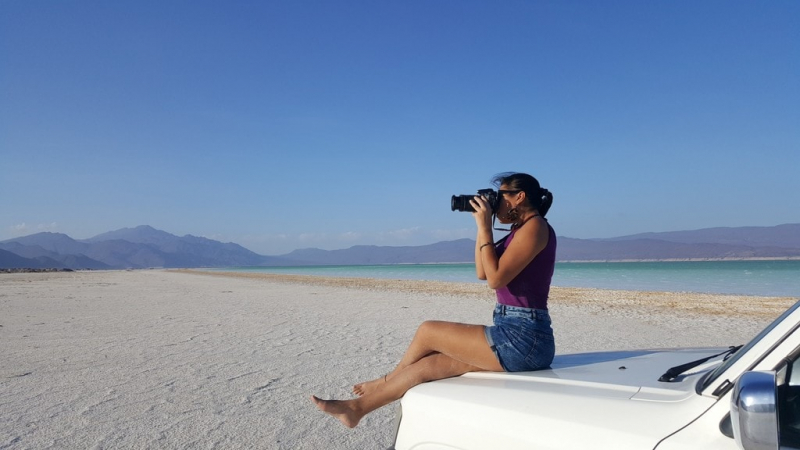
https://www.onceinalifetimejourney.com/ -
About Ethnic diversity and the language barrier, the Afar, one of the Republic's two principal tribes, have settled in the northern half of the country. They solely speak Djibouti and maintain all established Djibouti traditions, as well as having a blood link to Ethiopian tribes. The Issa, whose territories border Somalia's territory, have control of the southern half of Djibouti. This is absolutely one of the things to know before traveling to Djibouti.
Despite their desire to be nomadic, members of this tribe make up the majority of the population of Djibouti's capital. The Somali (60%) and Afar (40%) ethnic groups are the two main ethnic groups (35 percent ). The Issa Dir, Gadabuursi Dir, and Isaaq clans make up the majority of the Somali clan component.
Arabs, Ethiopians, and Europeans make up the remaining 5% of the population of Djibouti (French, Italian and Swedish). Bring a Russian-French phrasebook or brush up on your residual francais knowledge from school if you feel more at ease. Start planning for your adventure in advance if you are a tabula rasa here. Learn to read, understand the most fundamental phrases, and schedule an immersion in the language environment a few weeks before your trip date. Ethnic diversity and the language barrier is one of Things to Know Before Traveling to Djibouti.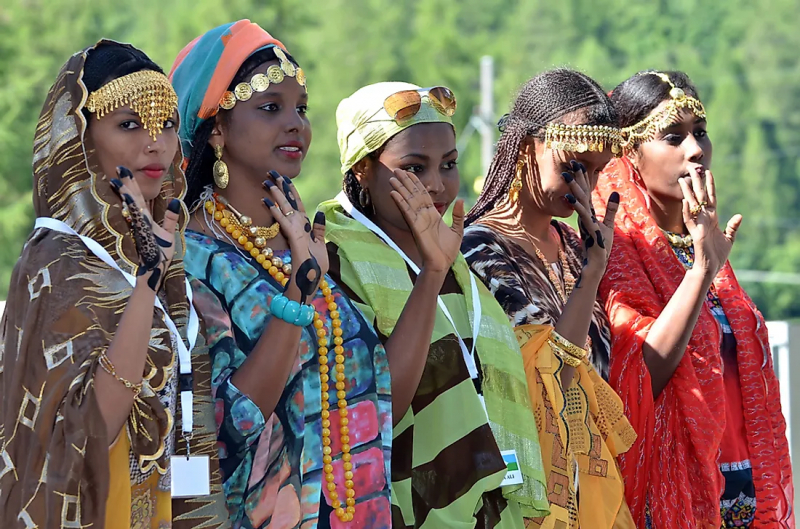
https://pickvisa.com/ 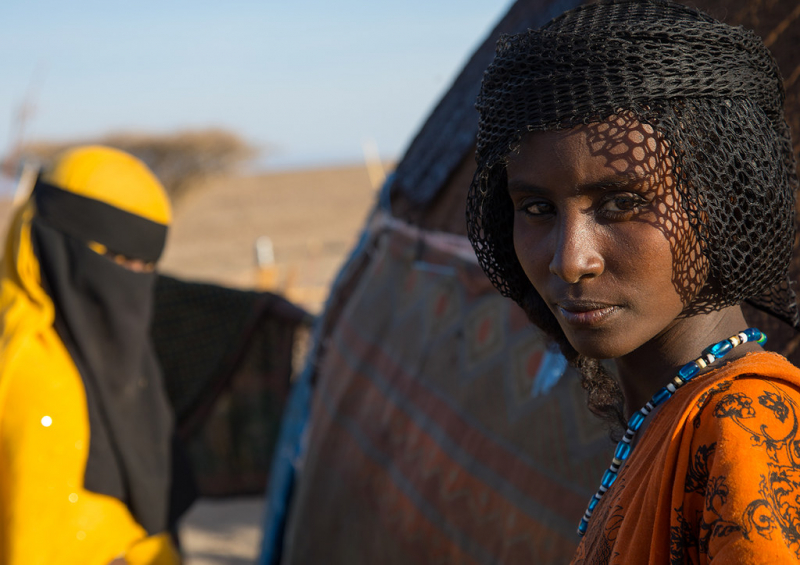
https://pickvisa.com/ -
Regardless of whether or not there is a language barrier, do not be hesitant to strike up a discussion with the locals. As a result, the mysteries of Djibouti life and native Djibouti traditions will emerge as obvious as a book. The chefs will be pleased to demonstrate how their equipment operates (it is considerably different).
Merchants will be happy to show you their greatest items, let you try them all out, and pose for the photo. Even if you meet a tramp in the desert, you'll get a full account of where he's going, where he lives, and what's in his luggage. Threats, pride, security worries, and invasions of personal space are all absent. This is absolutely one of the things to know before traveling to Djibouti.
Arabic has religious significance. Modern Standard Arabic is used in a formal environment. The Ta'izzi-Adeni Arabic dialect, often known as Djibouti Arabic, is spoken by roughly 59,000 people. French is the major language of education, having been passed down from the colonial period. It is spoken as a first language by about 17,000 Djiboutians. Omani Arabic (38,900 speakers), Amharic (1,400 speakers), Greek (1,000 speakers), and Hindi are among the immigrant languages (600 speakers).

https://www.rferl.org/ 
https://www.rferl.org/ -
Although Djibouti is not the most hazardous country on the African continent, in terms of roads and transport, it is best to avoid taking public transportation here. Despite gaining the designation of "mine-free," the surrounding terrain nonetheless hides a plethora of nasty surprises.it is best to avoid taking public transportation here. Despite gaining the designation of "mine-free," the surrounding terrain nonetheless hides a plethora of nasty surprises.
Of course, Roads and transport are a cause for concern when organizing a vacation, but it isn't a reason to miss out on the opportunity to see Djibouti's port in person, learn about the country's beauty, and experience the continent's distinct ambiance. Just remember the primary rule: asphalt is your safety assurance. The roads, on the other hand, leave a lot to be desired. They're like a meadow covered in a thick blanket of grass, narrow, poorly lighted, and scarred with holes, enticing cattle to the promenade. Nighttime road journeys are not encouraged in this area.
The good news is that you are willing to assist and are nearly willing to donate your automobile to the first person who arrives in the case of a breakdown. What should one do in Djibouti if the spirit of adventure outweighs all bans and dangers? Then, before you proceed to any God-forsaken location (you can't count them! ), check with the local authorities to see if the route you've picked is safe on the dirt roads. Women are everywhere, at all times, and in everything... Is that correct?
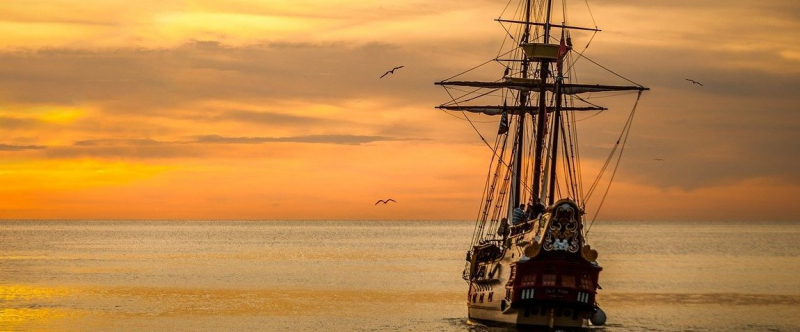
https://pickvisa.com/ 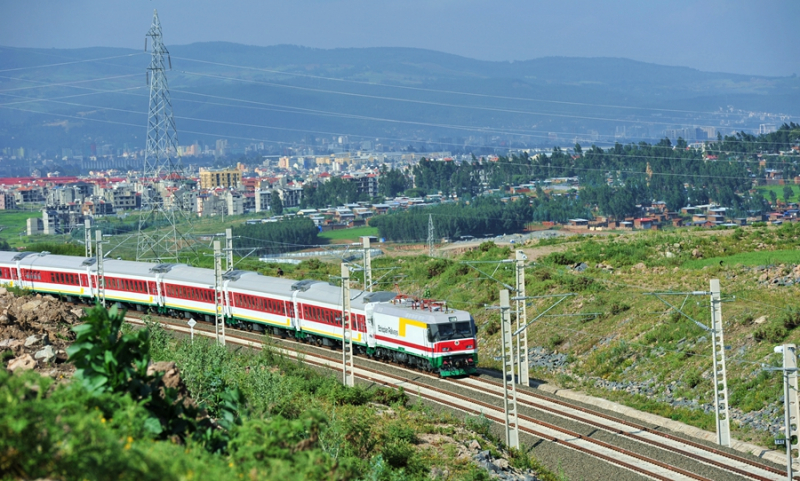
https://pickvisa.com/ -
The constitution of Djibouti, which was approved in 1992, stipulates that everyone is equal in the eyes of the law, regardless of gender, language, origin, ethnicity, or religion. Nonetheless, there are significant differences between men and women, which are most noticeable in the workplace.
Women make up only 19% of the workforce, compared to 81 percent of men. When you book Djibouti tours for yourself and your partner, for example, you run the danger of being overwhelmed by the masculine beauty that pervades the city. Small units of the German, Spanish, and Swedish army set up shop in major international hotels in Djibouti.
Approaching and starting a simple chat with excited visitors (tourist – even better!) is a rare occurrence for them, so do not be afraid to approach and start a simple conversation with them. They will delight and excite you by telling you not just about Djibouti but also about their home nations.

https://borgenproject.org/ 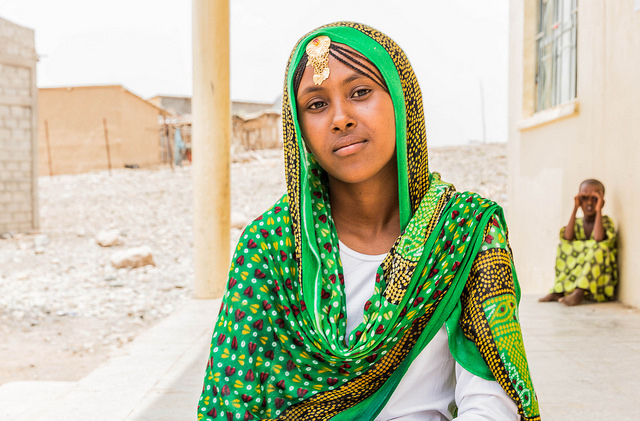
https://borgenproject.org/ -
The gentle touch of the French placed Djibouti on the map of its namesake country in 1888. The capital of Djibouti became one of the most significant coastal cities in the future, and the local port became the major point of the passing shipping line. This is absolutely one of the things to know before traveling to Djibouti.
You may fly to Ethiopia from here once you've gotten off the deck! The capital of Djibouti, of course, is intriguing not simply as a hub for international marine trade. There are many intriguing things in store for the interested traveller! A few meters of one-of-a-kind textiles can be purchased at the Rue de Bender boutique. The ensemble, on which they will be based, will draw admiring attention from all corners of the globe.
The Al-Hamoudi Mosque (Mosquee Al-Hamoudi), which dates back to 1906, is known for its particular grandeur and architectural appeal. Where would we be without the specter of colonial France? The ancient houses are more like ruins, yet they are still worth your time.
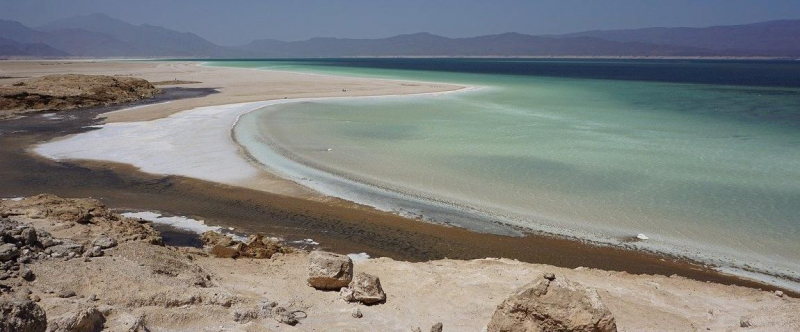
https://borgenproject.org/ 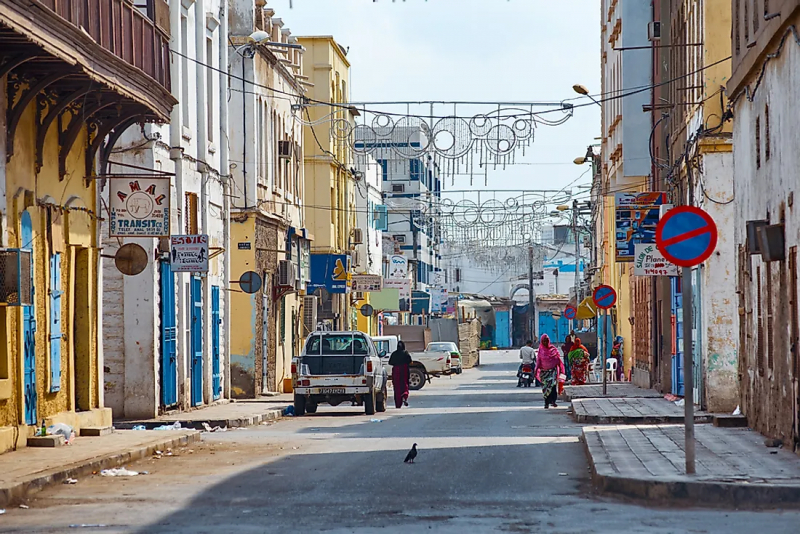
https://borgenproject.org/ -
Yes, yes, yes Even if Djibouti's tourist sector, like a helpless newborn, requires support and extensive "education," access to the ocean depths, water surfaces, and untamed beaches is not restricted. Head west if Djibouti's capital isn't a contender for the title of city of your heart. This is absolutely one of the things to know before traveling to Djibouti.
An magnificent salt "puddle" named Assal may be found 50 kilometers distant, 155 meters below sea level. The lake is not appropriate for amateur underwater exploration or even for a relaxing backstroke swim. This region, on the other hand, lacks charm. The neighboring East African Rift Valley provides a fantastic opportunity to photograph the breathtaking surroundings.
Do you want to go scuba diving and explore the depths, but tours in Djibouti don't appear to be able to help you realize your dream? Nonsense! Although Djibouti's coastline is far from ideal for a resort, the Red Sea's scorching waves have managed to generate great diving conditions in some areas. Whale sharks "wander" here from October to February, thus scuba diving into the deep waters is a good bet. Although they are kind, you must maintain your caution!
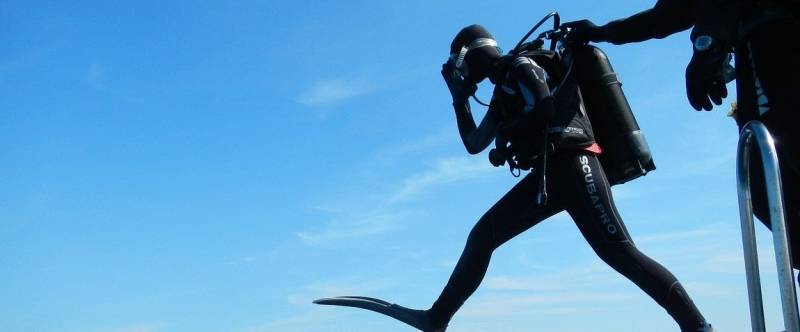
https://theculturetrip.com/ 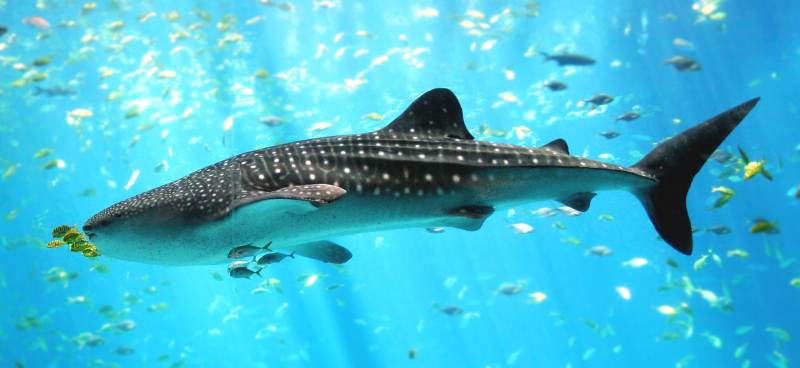
https://theculturetrip.com/ -
Djiboutian cuisine combines Somali, Afar, Yemeni, and French traditions, as well as some South Asian (particularly Indian) culinary influences. A range of Middle Eastern spices, ranging from saffron to cinnamon, are often used in local recipes. A local specialty is grilled Yemeni fish that has been cut in half and baked in tandoori-style ovens. Spicy foods range from the classic fah-fah or soupe djiboutienne (spicy boiling beef soup) to the yetakelt wet (spicy boiled beef soup) (spicy mixed vegetable stew).
Xalwo (pronounced "halwo"), also known as halva, is a popular delicacy served at Eid festivities and wedding receptions. Sugar, corn starch, cardamom powder, nutmeg powder, and ghee are used to make halva. Peanuts are occasionally used to add texture and taste to dishes. Breakfast (quraac) is a significant meal for Djiboutians, who frequently begin their day with a cup of tea (shaah) or coffee (buna). The main meal is often lahoh, a pancake-shaped bread that can be served with a stew or soup like wat.
Lunch (qado) and supper (casho) are sometimes accompanied with an elaborate stew (maraq), which may be prepared in a variety of styles and tastes. During the afur, Djiboutian cuisine consumes sambusa, a Somali counterpart of the triangular samosa snack (iftar). Ground meat (typically goat) or fish are frequently used in the local version, which is seasoned with fiery green chili pepper.

https://www.travelingeast.com/ 
https://www.travelingeast.com/ -
Holidays and festivals in Djibouti are observed with zeal. Many of these cultural events, such as Islamic and Christian holidays, are founded on religious traditions and observances. Ramadan and Christmas are important holidays, and Independence Day is a big one, too, with plenty of customs, singing and dancing, and lots of food.
According to the lunar calendar, the dates of Islamic festivities change every year. New Year's Day, Labor Day, Independence Day, and Christmas are all fixed holidays. Djibouti celebrates New Year's Day with great zeal. Schools and companies are closed, and everyone dresses up for the occasion. New Year's Eve celebrations take place all around the world and go till dawn.
Every year on June 27, Djibouti commemorates its independence. The anniversary honors the country's independence from France and celebrates the finest of the country's traditions. Expect loud and colorful themed parades (which vary from year to year), as well as speeches from dignitaries.
In the middle of December, there is a particular music festival called Fest'Horn. This regional event, which features performances by musicians from many genres, was designed to attract global attention to music from the Horn of Africa.
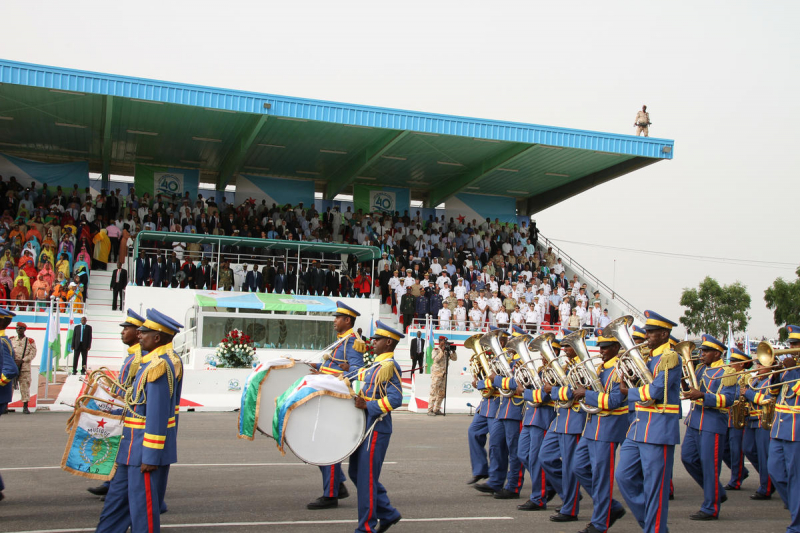
https://www.musicinafrica.net/ 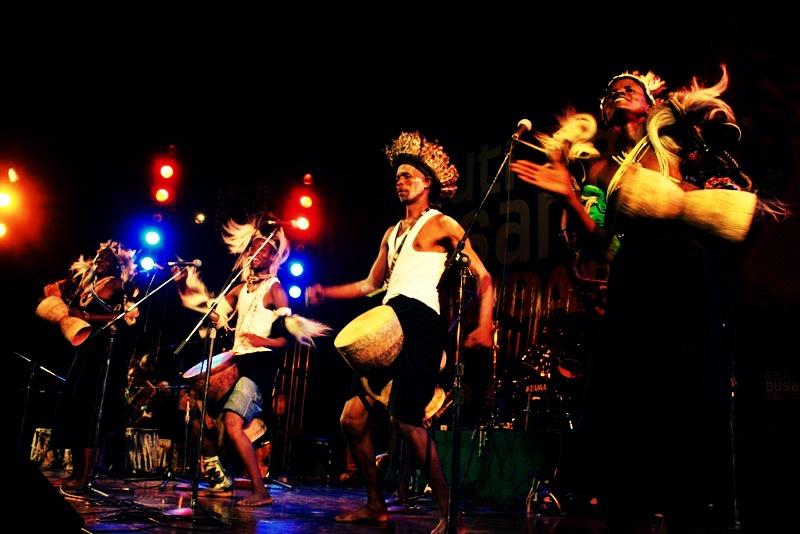
https://www.musicinafrica.net/














